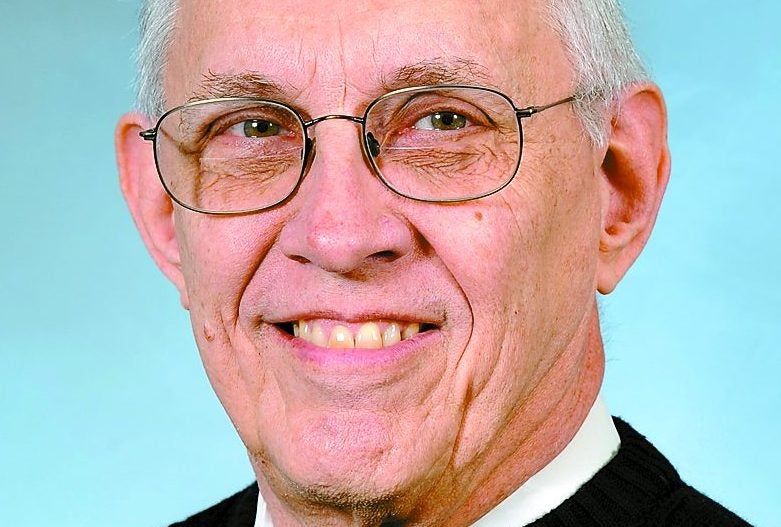WITT: Use caution when signing up for Medicare advantage plans
Published 9:19 am Wednesday, December 9, 2020

- Chuck Witt is a retired architect and a lifelong resident of Winchester.
|
Getting your Trinity Audio player ready...
|
Thankfully the Medicare open enrollment period has come to an end so the public will be less exposed to the plethora of advertisements for Medicare services, especially those offering specious plans and benefits.
At the same time, the ads, especially on TV, for Medicare “advantage plans” will likely continue since, apparently, those entering Medicare coverage for the first time can enroll in a supplement plan during an extended period at that time.
So Joe Namath will probably be showing up on TV screens for the foreseeable future. More about Joe later.
There are many caveats about adopting a Medicare Advantage Plan and examination of the positives and negatives of such plans can be found online. It is also possible — and recommended — that anyone contemplating such a plan counsel with a local insurance agent. Investopedia.com has comprehensive information about the potential pitfalls of such plans.
An important aspect of these plans is that they are not — repeat, not — endorsed or supported by the federal Medicare program. They are private insurance plans.
Even though Joe suggests that Social Security beneficiaries can get “$144 added back to their checks each month,” the truth is that money is siphoned off to cover the cost of the advantage plan.
If one reads the fine print of the TV ads for advantage plans (and it is virtually impossible to read the small print because it is too small or too blurry or on the screen for too short a time for any but a speed reader to peruse), one can see that a call to the offered number will direct the caller to a “licensed insurance agent.”
These ads also continuously tout that a person should get “what they deserve.” This is a completely disingenuous appeal as it implies that a person is “due” for something they may not be currently getting. The benefits they suggest a person “deserves” will be paid for by that person. This ploy pushes that button in everybody to believe there is something available that they should be getting and aren’t. And at no additional cost. Remember “there ain’t no such thing as a free lunch.”
Examination of the rules for getting into advantage plans reveals that, if one later wishes to convert to a regular supplement — Plan B — plan, the cost for doing so may have escalated. Apparently, those who switch from Plan B to an advantage plan have a period of time in which to switch back without incurring additional costs. It has also been suggested in some critiques that getting out of an advantage plan is more difficult than getting into one.
However, the biggest caution is that the advantage plans may very well work for someone who has no or few medical conditions, but individuals with ongoing medical problems may be faced with large co-pays or premiums. And costs for using medical or physician services outside the plan’s network will likely encounter huge co-pays.
So, in the final analysis, exercise caution, do your homework and educate yourself. Do not go into any of these plans blindly, depending on the grandiose promises made by pitch men.
A final work about Joe Namath. He is a very charismatic person and makes a good presentation for his advantage plan sponsors. But one has to wonder why he — or any individual with the slightest degree of integrity — would pitch a product with so much misinformation, especially one which can have severe implications for the most vulnerable.
There should be some shame in that.
Chuck Witt is a retired architect and a lifelong resident of Winchester. He can be reached at chuck740@bellsouth.net.





